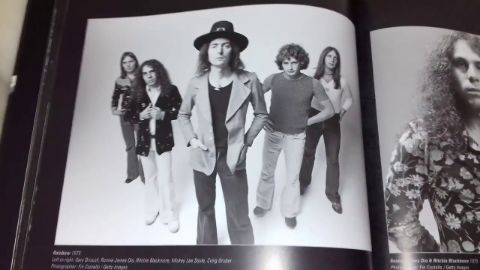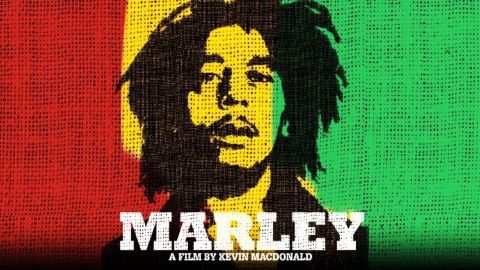Mix It Up and Start Again • 2015 • episode "S1E3" • Sound of Song
Composer and musician Neil Brand's series exploring the alchemy that creates great songs reaches the modern era, when a revolution in how they were made took place. From the synthesisers of symphonic rock to the mixes of disco and the samplings of hip hop, music was transformed by the arrival of digital technology and the computer, which gave some songwriters more power but others much less. Along the way Neil talks synths with Rick Wakeman from Yes, samples with Public Enemy's Hank Shocklee, uncovers the surprising lo-fi origins of Bruce Springsteen's stadium-busting Born in the USA, and finds out how Cher changed the sound of her voice on the smash hit Believe.
Make a donation
Buy a brother a hot coffee? Or a cold beer?
Hope you're finding these documentaries fascinating and eye-opening. It's just me, working hard behind the scenes to bring you this enriching content.
Running and maintaining a website like this takes time and resources. That's why I'm reaching out to you. If you appreciate what I do and would like to support my efforts, would you consider "buying me a coffee"?
Donation addresses
BTC: bc1q8ldskxh4x9qnddhcrgcun8rtvddeldm2a07r2v
ETH: 0x5CCAAA1afc5c5D814129d99277dDb5A979672116
With your donation through , you can show your appreciation and help me keep this project going. Every contribution, no matter how small, makes a significant impact. It goes directly towards covering server costs.






